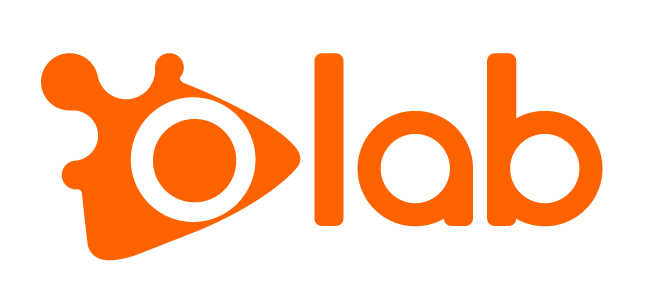In a work environment overwhelmed by information overload, low knowledge retention, and increasing pressure for immediate results, Traditional training is starting to fall behindOrganizations in Mexico—especially in the industrial, service, and technology sectors—face the same dilemma: How can you train your team without disrupting operations, without wasting time… and still create real impact?
The answer isn’t magic—but it is effective: Microlearning. microlearning.
The Challenge: Abundant Content, Limited Learning
According to a study by the World Economic Forum (2023),over 50% of workers will need to reskill within the next three years. In Mexico, the outlook is even more urgent:
- Just 2 out of 10 companies believe their current training processes are aligned with modern ways of learning. (Deloitte, 2022).
- The average sustained attention span of a Mexican worker when engaging with digital content is less than 4 minutes (INAI, 2023).
- Over 68% of frontline employees report difficulty attending lengthy training sessions. because of their heavy workload (OCC-HR Survey, 2023).
The gap isn’t just about skills — it’s about formats too.

Microlearning: What It Is and Why It Works
Microlearning is a methodology based on the design of short, specific, and highly focused content, which can be consumed in 5 or 10 minutes, usually on mobile devices. It works for two key reasons:
- It addresses how the brain learns in high-stimulation environments: It retains short, relevant information more effectively when distributed over time (Hermann Ebbinghaus and the Forgetting Curve)).
- It adapts to the real schedules of working people. It doesn’t interrupt — it integrates.
Real-World Applications in Mexican Companies
In sectors such as manufacturing, retail sales, technology, and healthcare, microlearning is already proving to be a powerful ally.
- Grupo Bimbo It uses microcontent in the form of videos and quizzes to reinforce safety and hygiene practices.
- BBVA Mexico It has implemented learning capsules to strengthen digital skills among its non-technical staff.
- Startups like O-lab They are transforming the way training experiences are designed, with a focus on brevity, interactivity, and gamification.
It’s not about cutting content, it’s about it’s about making it more powerful, more focused, more human.The challenge is immense: transforming years of passive training culture into an an experience that’s meaningful, concise, and continuous.
True innovation doesn’t lie in the tool itself, but in a change in mindsetAnd if there’s one thing Mexican talent has, it’s the ability to adapt and an unstoppable hunger to learn..
So—have you started rethinking your training strategy as a series of unforgettable micro-experiences?

